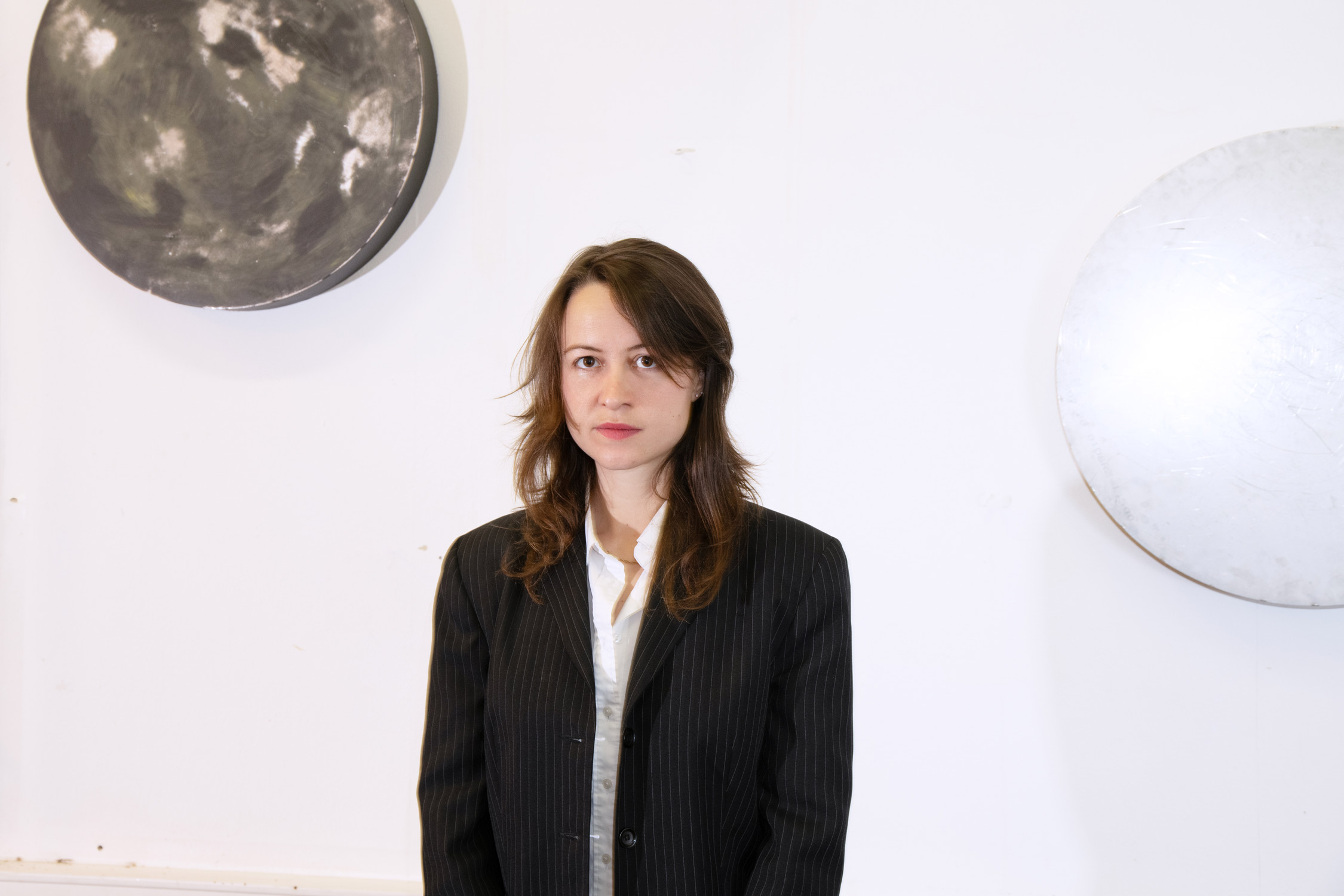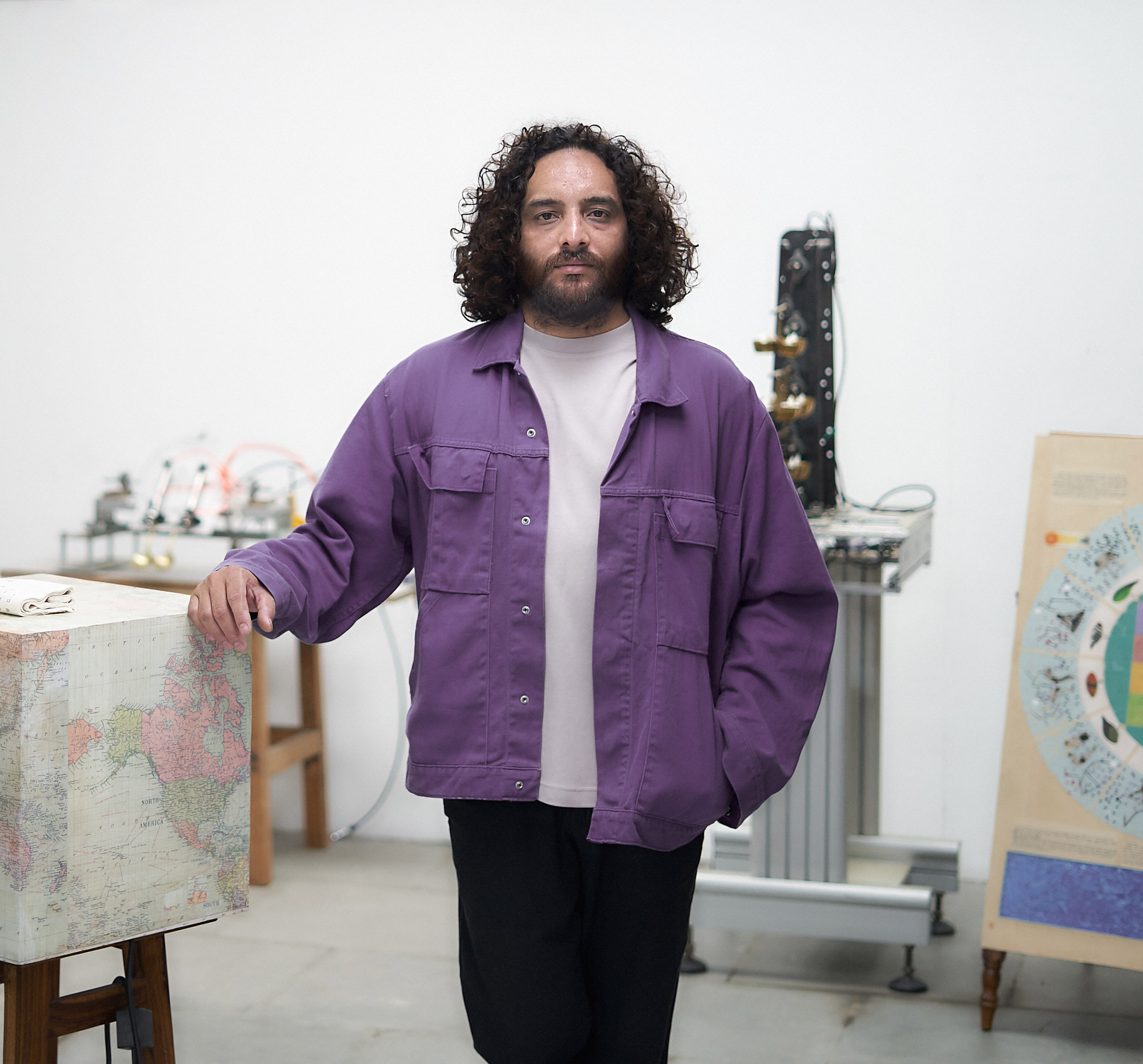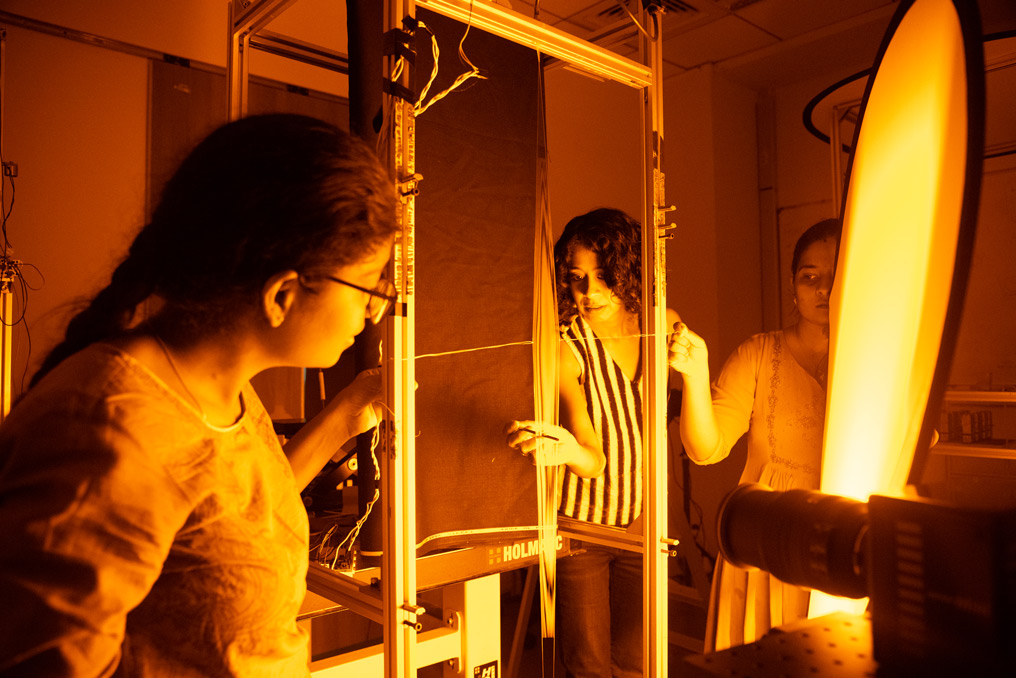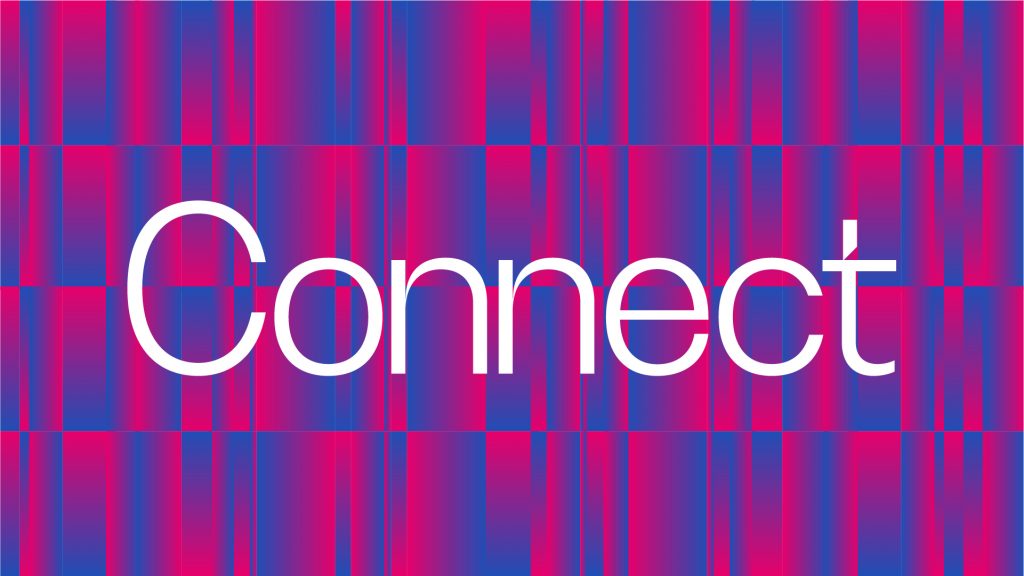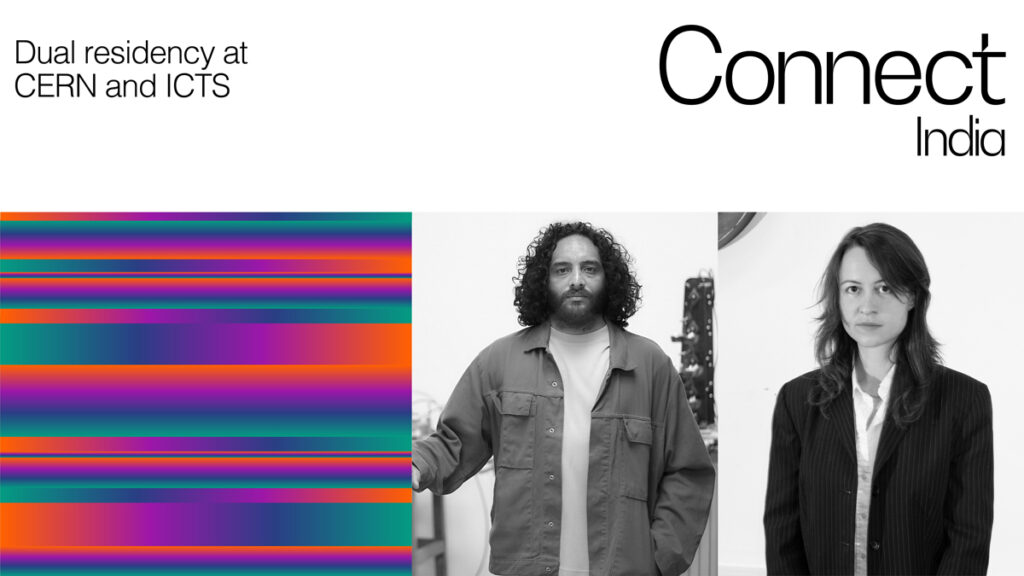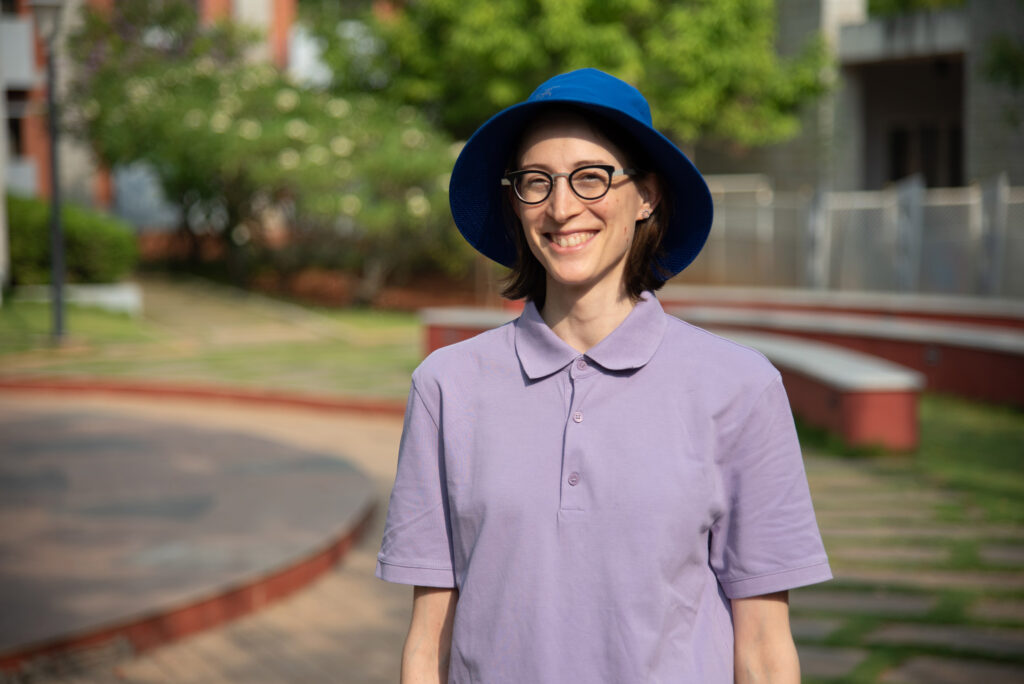- Tags
- Artistic residencies, Connect India
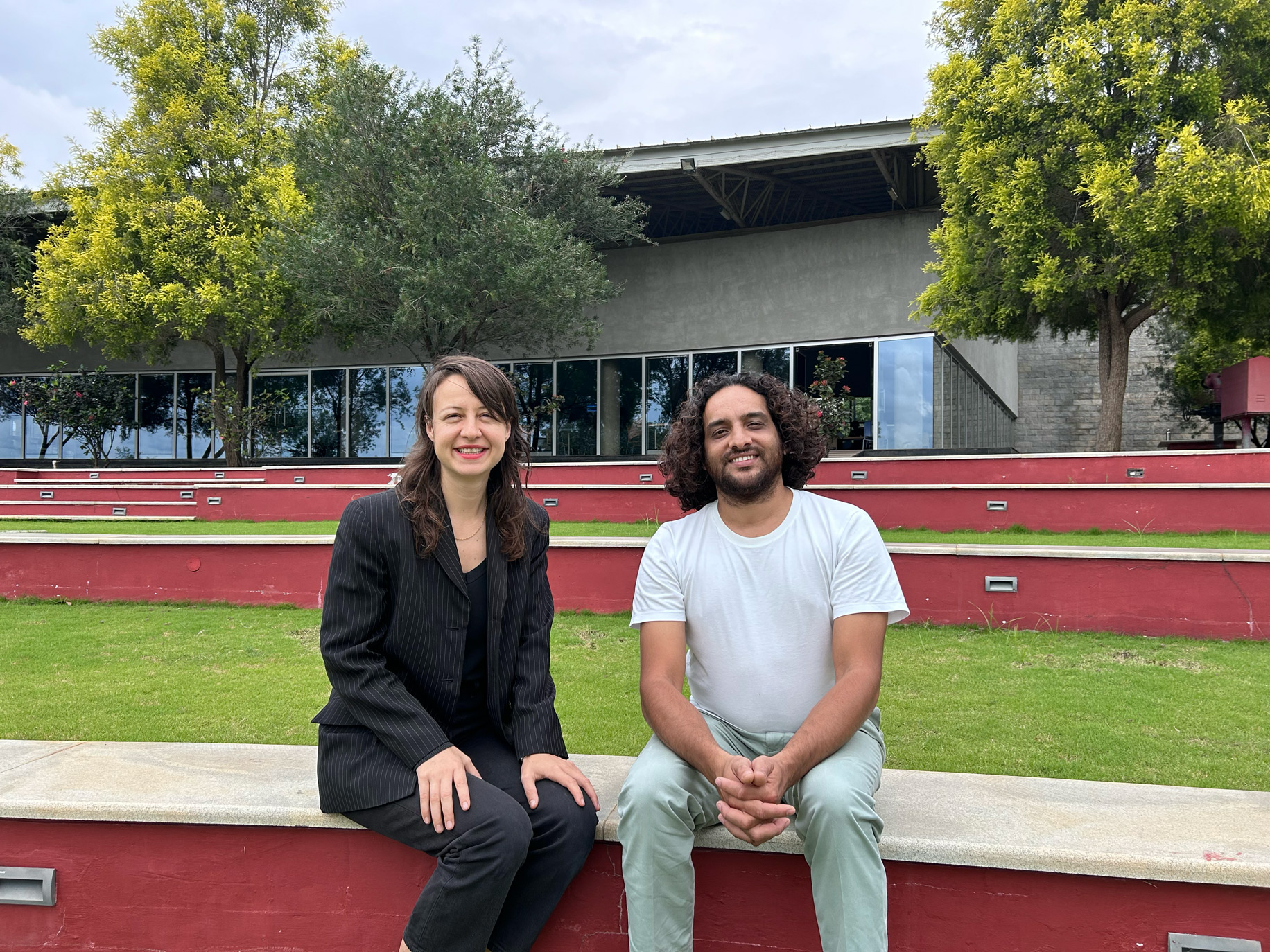
The Swiss and Indian artists begin their dual residency at the International Centre for Theoretical Sciences in Bengaluru, which will be followed by their stay at CERN
Connect, launched in 2021 by Arts at CERN and Pro Helvetia, integrates science into contemporary culture by creating a global network of collaboration. This initiative fosters experimentation in art and science, offering artists dual residencies at CERN and partner scientific organisations.
The second edition of Connect India invited artists Lou Masduraud and Shailesh BR to a residency split between the International Centre for Theoretical Sciences (ICTS) in Bengaluru and CERN in Geneva. ICTS is a unique initiative in Indian science, conducting research in areas that include statistical and condensed matter physics, physical biology, and mathematics. Meanwhile, CERN’s physicists and engineers study the particles that make up the universe using the world’s largest and most complex experiments. Over three weeks at each institution, Shailesh and Masduraud will explore new forms of artistic expression, working with scientists, engineers, and staff to transform these explorations into art productions.
Shailesh BR
Delhi-based artist Shailesh BR explores fundamental aspects of our world by examining existing knowledge, systems, traditions and philosophical thoughts. Utilising a diverse visual vocabulary, his artistic interventions incorporate drawings, object modifications, and machines,
Drawing upon ancient Indian philosophical traditions, such as Nyaya-Shastra, Shailesh is interested in the connections between cause and effect, which he argues is a common ground shared by philosophy and scientific inquiry. ‘Both science and philosophy deal with this relationship through simple questions: how does it work? (the mechanism of the relationship); what and why does it happen? (the explanation of the relationship).’
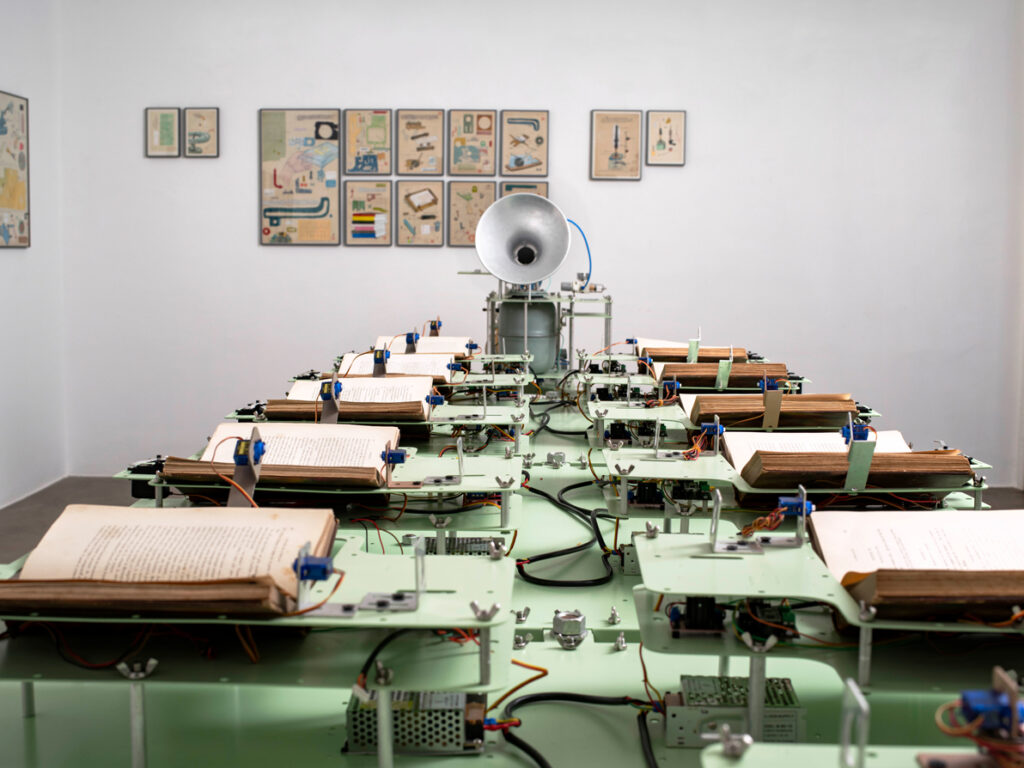
He reflects on the Indian proverb, ‘Where there is smoke, there will be fire,’ to extend his quest further to the idea of existence and non-existence before the cause itself. ‘For instance, would fire exist if there is no smoke? Does the non-existence of smoke deny the existence of fire? Does some energy exist before the fire is visible to our eyes?’ he asks. His investigations are rooted in his education in Tarka Shastra—a process of analysing the source of knowledge—and Nyaya Shastra, which identifies four valid means of knowledge: perception, inference, comparison, and testimony.
He suggests that the inquiries about energy and existence have remained central to philosophers seeking spiritual enlightenment, while science aims to infer these phenomena through experiments. In dialogue with the scientific communities at CERN and ICTS, Shailesh aims to expand this investigation, utilising philosophy and examining how scientific methods can further decode fundamental questions in his artistic interventions.
Lou Masduraud
Geneva-based artist Lou Masduraud is interested in the spaces and practices of collective life, particularly the ideologies embedded in public fountains and hydraulic infrastructures. Her sculptures and installations take the form of fictional reversals or alternatives to public objects, offering counter-narratives that challenge normative systems.
At ICTS and CERN, Masduraud plans to collect data on local energy infrastructures, focusing on the underground hydraulic systems of Geneva and Bengaluru. By exploring the history and societal implications of water distribution systems, she aims to reimagine our relationships with the essential networks and resources that sustain our societies.
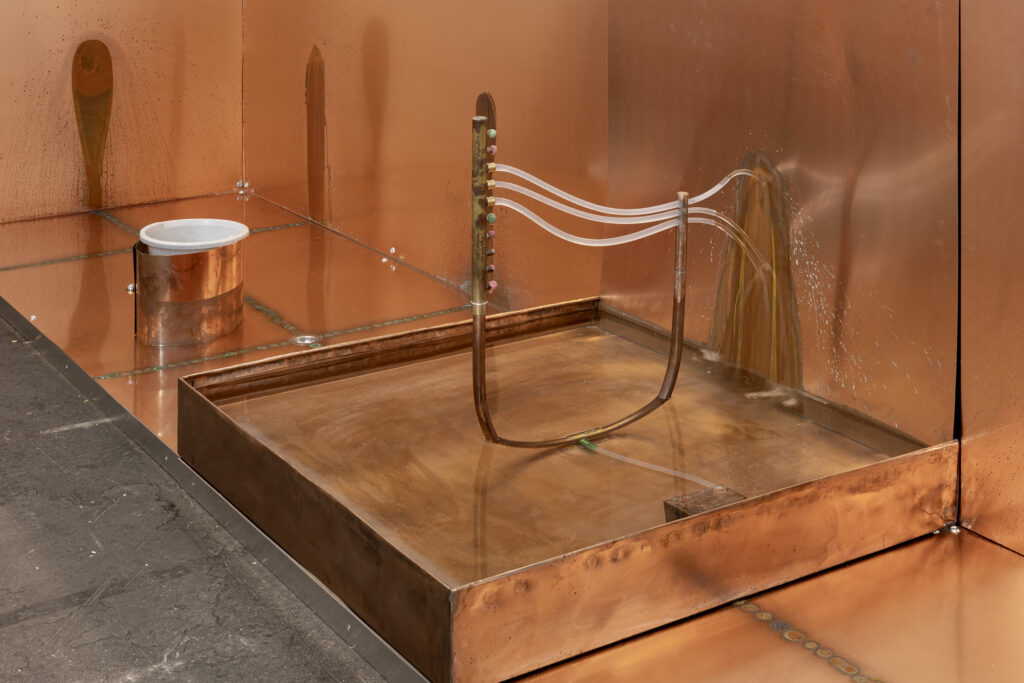
Masduraud’s conceptual approach, combined with her use of traditional craft techniques like bronze foundry, stone carving, and glazed ceramics, seeks to create a dialogue between her practice and the advanced scientific research and contexts she will encounter at CERN and ICTS.
Following their three-week stay at ICTS, Shailesh BR and Lou Masduraud will continue their three-week residency at CERN in November. Since its launch in 2021, Connect has organised seven residencies, promoting the dialogue between artists and scientists within the Laboratory’s context.
